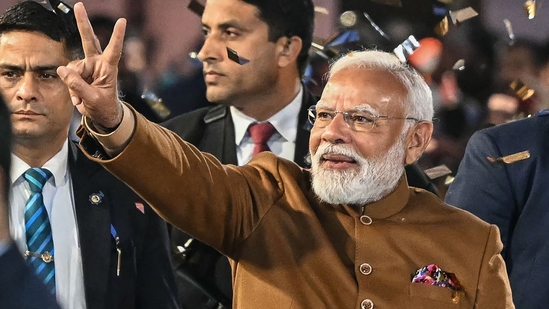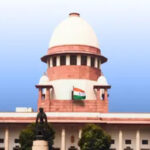Delhi University has expressed its willingness to present Prime Minister Narendra Modi’s Bachelor of Arts degree to the Delhi High Court but opposes its disclosure to the public under the Right to Information Act. This stance was articulated during a hearing on DU’s challenge to a Central Information Commission directive that called for the release of information regarding the Prime Minister’s academic credentials.
Solicitor General Tushar Mehta, representing DU, informed Justice Sachin Datta that while the university is prepared to submit the degree records for judicial review, it cannot permit public scrutiny of these documents. Mehta emphasized that the university holds the information in a fiduciary capacity, asserting that disclosing it under the RTI Act would violate privacy rights and serve no public interest.
“DU has no reservation in showing it to the court but can’t put the university’s record for scrutiny by strangers,” Mehta stated. He further contended that the CIC’s order should be set aside, arguing that the “right to privacy” supersedes the “right to know.”
The legal dispute originated from an RTI application seeking details about Prime Minister Modi’s educational qualifications. In 2016, the CIC directed DU to allow inspection of records for all students who completed the Bachelor of Arts program in 1978, the year Modi is reported to have graduated. DU contends that such academic records constitute “third party information” and are exempt from disclosure under the RTI Act.
Advocates for transparency argue that the educational qualifications of public figures, especially those holding high office, are matters of public interest. They assert that disclosing such information promotes accountability and trust in public institutions. However, DU maintains that releasing these records without consent would breach confidentiality and could set a precedent affecting the privacy rights of all students.
During the proceedings, the court acknowledged the sensitivity of the matter and the need to balance transparency with privacy rights. Justice Datta reserved judgment on the case, indicating that a decision would be rendered after careful consideration of the arguments presented.
This case highlights the ongoing debate in India regarding the extent to which personal information of public officials should be accessible under transparency laws. While the RTI Act is a powerful tool for promoting openness, it also includes provisions to protect personal data, leading to complex legal interpretations when these principles collide.
As the nation awaits the court’s decision, the outcome could have significant implications for future RTI requests concerning personal information of public figures. The ruling may delineate the boundaries between the public’s right to know and an individual’s right to privacy, potentially influencing how similar cases are handled in the future.
Prime Minister Modi’s educational background has been a subject of political discourse for several years. According to available records, he earned a Bachelor of Arts degree in Political Science from Delhi University in 1978 and later obtained a Master of Arts degree in Political Science from Gujarat University in 1983. Despite these records, calls for public disclosure of his academic credentials have persisted, leading to legal challenges and debates over transparency and privacy.




 Supreme Court Upholds GST, Customs Laws With Safeguards
Supreme Court Upholds GST, Customs Laws With Safeguards 